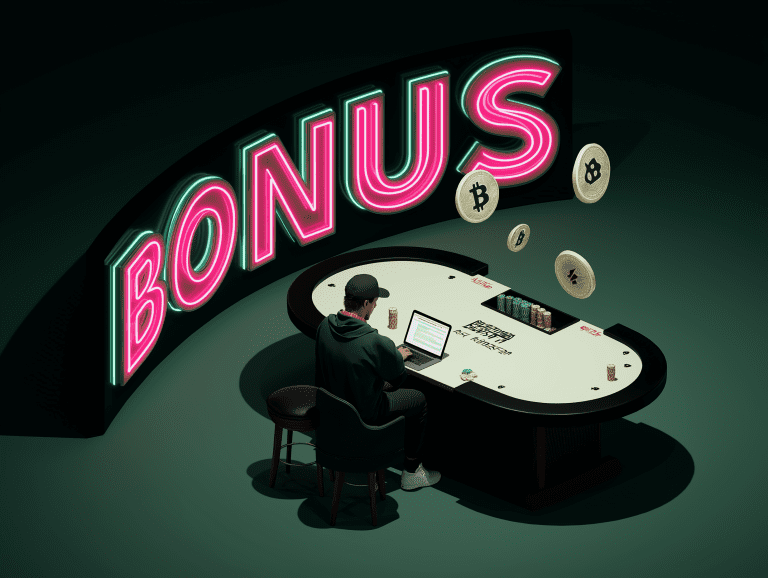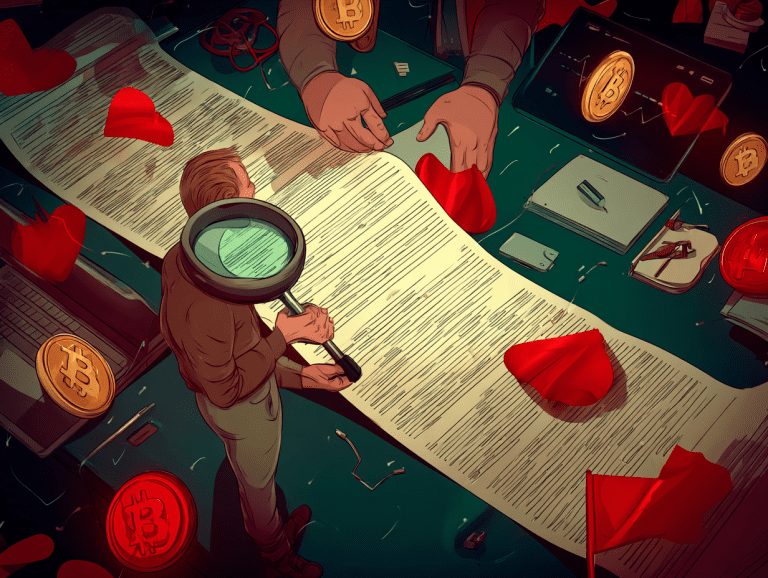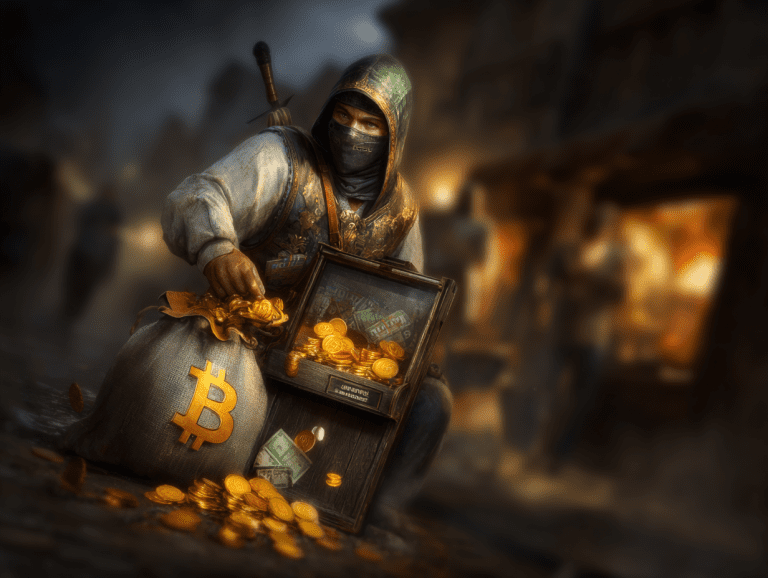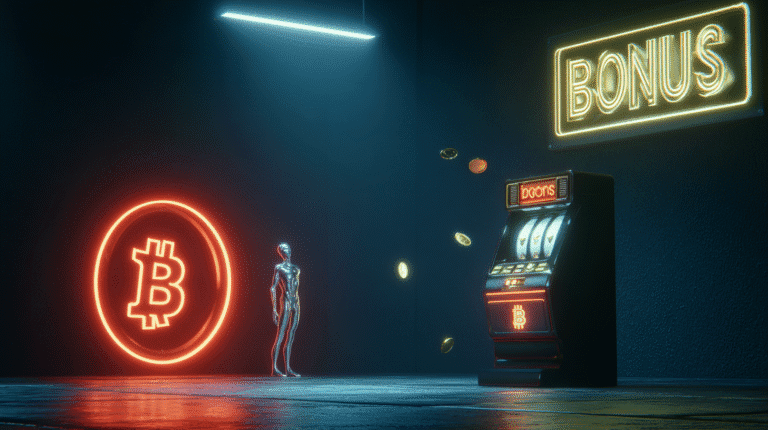How to Spot Safe Crypto Casino Licenses in 2025

For most players, a license badge in the footer of a crypto casino site feels reassuring. Whether it says “Licensed by Curaçao” or “Regulated in Anjouan,” the message seems clear: someone is watching over this casino. But that assumption can be dangerously misleading. In reality, the difference between a strong regulator like the UK Gambling Commission and a weak “rubber stamp” jurisdiction is the difference between meaningful protection and no protection at all.
This article breaks down how real regulation works, why many crypto casino licenses are little more than a marketing gimmick, and—most importantly—what you can do to protect yourself before you deposit a single mBTC.
What Real Regulation Looks Like
A license from a true regulator is more than a logo. It’s a framework built around strict requirements for how operators handle your money, settle disputes, and prove their games are fair. Two bodies stand above the rest: the Malta Gaming Authority (MGA) and the UK Gambling Commission (UKGC).
Both agencies enforce four pillars of player protection:
- Segregated funds so your deposits aren’t mixed with the casino’s operational money.
- Independent dispute resolution where complaints go to an impartial third party, not back to the casino’s licensor.
- Responsible gambling tools like deposit limits, self-exclusion, and session reminders.
- Fair game audits with mandatory testing of RNGs and RTP, repeated annually.
For example, the UKGC forces casinos to state in plain language how your funds are protected: high, medium, or no protection. Players must be reminded of this every six months. This kind of transparency turns safety into a visible feature, letting players make informed trade-offs.
The MGA takes a similar approach, requiring third-party audits and ongoing player fund reporting. In both systems, fines and license suspensions are common—proof that these regulators actually enforce their rules.
The Wild West: Licenses of Convenience
Crypto casinos, however, (according to our knowledge) never hold MGA or UKGC licenses. Instead, many choose jurisdictions of convenience where “licenses” are sold cheaply and oversight is minimal.
Curaçao: A System Under Reconstruction
For years, Curaçao dominated crypto casino licensing with its infamous sub-license system. Private companies, called Master License holders, sold thousands of sub-licenses to operators worldwide. Oversight was virtually nonexistent, and players had nowhere to escalate complaints.
After pressure from the Netherlands, Curaçao is finally reforming with the new Curaçao Gaming Authority. But the history of bankrupt Master License holders like Cyberluck shows how little protection players actually had.
Anjouan: A Mirage of Legitimacy
Anjouan has become the latest hot spot for crypto casino “licenses.” Marketing claims promise global coverage, zero tax, and instant approval. But the reality is troubling. Gambling is technically illegal under Comoros law, and the country’s central bank has issued warnings that the Anjouan Offshore Finance Authority isn’t a recognized regulator.
Complaints often vanish into thin air, and dispute resolution terms bind players to the licensor’s final decision, cutting off the right to legal recourse.
Costa Rica: The Unlicensed License
In Costa Rica, there’s no gambling license at all. Casinos simply register as local businesses and operate freely. That means no oversight, no responsible gambling requirements, and no independent testing of games. It’s regulation in name only.
Why This Matters for Bonus Hunters
Players chasing crypto casino bonuses are at particular risk. A big deposit match might look tempting, but without regulatory protections, the casino can impose unfair rollover rules, delay withdrawals, or even confiscate winnings. We’ve documented some of the worst bonus traps in crypto gambling—and weak licensing environments are often the backdrop for these abuses.
That’s why at FreeCryptoBonus we don’t just list the biggest offers. We break down how we grade bonuses in detail, factoring in terms, rollover, and—crucially—the reliability of the operator. If you want to understand the scoring system, check out our guide on how we grade bonuses.
How to Verify a License Yourself
The good news is you don’t need to be an industry insider to check whether a license badge has substance. Here’s a quick player checklist:
- Click the seal in the casino’s footer. If it’s just a static image, that’s a red flag.
- Check the URL. The validation page must be hosted on the regulator’s official domain, not the casino’s.
- Curaçao licenses can be verified here: https://www.gamingcontrolcuracao.org/en/133i348441001
- Anjouan gaming licenses can be verified here: https://gamingcontrolanjouan.org/register-of-gaming-licenses/
- Tobique license holders (like Flush.com) can be checked here: https://thetgc.ca/license-holders/
- Verify the details. The validation page should list the casino’s domain and confirm the license status.
- Test customer support. Ask them who their independent ADR provider is, how player funds are protected, and where RNG certificates are published. A regulated operator will answer directly. A rogue casino will dodge. If customer support has no info regarding these questions then you should probably get out… 🙂
Why Players Must Be Their Own Watchdogs
In the decentralized world of crypto gambling, operators can easily shop around for the most lenient license. That means players must take due diligence into their own hands. Relying on a footer badge alone is a mistake.
Consider this: the Dutch Supreme Court ruled that Curaçao Master License holders were legally responsible for player losses. When one of them collapsed, it turned out to be an empty shell company with no assets, leaving players with nothing. That’s what happens when the promise of regulation is just a facade.
The Bottom Line: Beyond the Badge
The crypto gambling industry is still full of “Wild West” operators hiding behind almost meaningless badges. But with a little research, you can separate casinos that treat licensing as a marketing tool from those that actually respect player safety.
Stick to casinos with verifiable licenses, independent dispute resolution, and transparent audits. And if you’re bonus hunting, don’t just look at the headline offer—make sure the terms are fair and the operator is accountable.
At the end of the day, a license should be more than a pretty seal at the bottom of the page. It should be proof that your money, your play, and your rights are protected. If you want to dive deeper into how to navigate bonuses safely, our homepage at FreeCryptoBonus is a solid starting point.
Frequently Asked Questions (FAQ)
Are Curaçao-licensed crypto casinos safe to play at?
Not always. Curaçao has reformed its licensing system, but historically it offered little player protection. Some reputable brands hold Curaçao licenses, but you should always verify the license seal and check how they handle disputes and player funds.
What is the difference between MGA, UKGC, and other licenses?
The UKGC and MGA actively enforce strict rules around fund segregation, responsible gambling, and dispute resolution. Many other jurisdictions, like Anjouan or Costa Rica, sell licenses with little to no oversight. The difference is essentially between real consumer protection and a marketing badge.
How can I check if a crypto casino license is real?
Click on the license seal in the casino’s footer. It should take you to the regulator’s official validation page, showing the casino’s domain and active status. If the seal is just an image or links back to the casino’s own site, it’s not legitimate.
Do crypto casinos without licenses exist?
Yes. Some crypto casinos operate with no license at all, often claiming one from Costa Rica or another non-gambling authority. Playing at these sites means you have zero recourse if something goes wrong.
What should I ask customer support before depositing?
Ask who their independent dispute resolution provider is, what level of fund protection they offer, and where you can see RNG testing certificates. A regulated casino will give clear answers, while rogue operators will deflect or provide vague reassurances.
Why do players still choose unregulated crypto casinos?
Often because of bigger bonuses, looser KYC requirements, or faster signups. But these come with significant risks: unfair terms, withheld withdrawals, and no independent authority to protect you.

Author: Balazs Pal
Balazs is a co-founder of FreeCryptoBonus and a seasoned sports betting analyst with over a decade of experience in the NBA and MLB betting markets.
Having worked on both the sportsbook and affiliate sides of the iGaming industry, he brings deep market expertise and a no-nonsense approach to evaluating crypto betting bonuses. You can learn about his process in our bonus review methodology.
Outside of FreeCryptoBonus, Balazs also runs CoinBettors along with several niche tipster and non-English affiliate sites.





